In 2018, an essay in The Paris Review was published entitled ‘Why All The Books About Motherhood?’. It explained that, whereas previously books about motherhood had been treated as a “niche concern” told mostly in the form of self-help and old Doris Lessing and Shirley Jackson novels, now there was a new canon emerging.
That new canon was made up of books by authors such as Rachel Cusk, Sheila Heti and Maggie Nelson who insisted on taking motherhood seriously and who didn’t shy away from describing it in complex, absurd, paradoxical and often cataclysmic detail. The essay posed that these writers were “making space in the literary world where there didn’t seem to be room before: a space in which pregnancy, childbirth, and the postpartum experience are neither ignored nor pathologised, but simply — and at long last — described.”
Six years on and this canon could no longer be considered emerging; instead it is very much established. From Claire Kilroy’s Soldier Sailor to Alice Pung’s One Hundred Days to Jenny Offill’s Dept. of Speculation, you could say that literary authors writing honestly about motherhood is a genre unto itself.
The latest book to join the club is Emma Darragh’s debut Thanks for Having Me. The first fiction title to be published by Joan, an Allen & Unwin imprint curated by Nakkiah Lui, it tells the story of three generations of women in one family as they navigate girlhood, motherhood and selfhood.
This novel tells the story of three generations of women in one family as they navigate girlhood, motherhood and selfhood.
Inspired by the structure of Elizabeth Strout’s Olive Kitteridge, the book is made up of interconnected stories that are sewn together to create a nuanced collage of its three protagonists throughout different stages of their lives.
There’s Mary Anne, a woman living in 1980s Wollongong suburbia trying to play the part of the ‘good mother’—tying plaits, making dinners, buying Christmas presents—but who is unrecognisable to herself. One morning, in the wake of a family tragedy, she walks out of the family home, leaving her husband and teenage daughters behind.
One of those daughters is Vivian. The reader is with her as she self-medicates with UDLs, regrettable sexual encounters and Dolly magazines. Later, when Vivian is 23, the reader is there when she discovers she is unexpectedly pregnant. When the baby, Evie, is born, the reader is in the room as Vivian almost falls asleep standing up with the baby in her arms. When she feels like her “scalp has slipped off, that her brain has been exposed to the air, to the tick tick ticking of the termites”. The pages describing the corporeality and vulnerability of the post-partum period are achingly potent.
The corporeality and vulnerability of the post-partum period are achingly potent.
When Vivian becomes miserable in motherhood, she too decides to separate from her family. Evie is left reeling, wondering what she could have done to make her mother stay, wondering why there isn’t a “Gumtree for families”.
It’s clear that Darragh is interested not only in the recurring patterns of families, but the recurring patterns of gender roles within families. And while that might make it sound like a novel making a lot of points with a capital P, her skill as a writer is in illustrating these ideas through the minutiae of her characters’ lives: the time the pet bunny, having just given birth and covered in blood, removed its own fur to warm its babies; the afternoon the teenage neighbour invited Vivian over and showed her a porn magazine and, later, his erection; the Christmas lunch memorable only because their mother had a breakdown.
These moments—so intimate they feel like secrets—feel radical in their specificity. Here is Mary Anne, Vivian and Evie. See their guilt, their joy, their despair, their maternal ambivalence, their maternal love. See their regrets, their sorrow, their fear. See it all.
A bold and original debut, Thanks for Having Me is a counter narrative to the idealised and mythologised portrayal of motherhood that only allows it to be a monolith.
Thanks for Having Me by Emma Darragh is published by Allen & Unwin and is out now
Want more stories like this? Sign up to PRIMER’s weekly newsletter




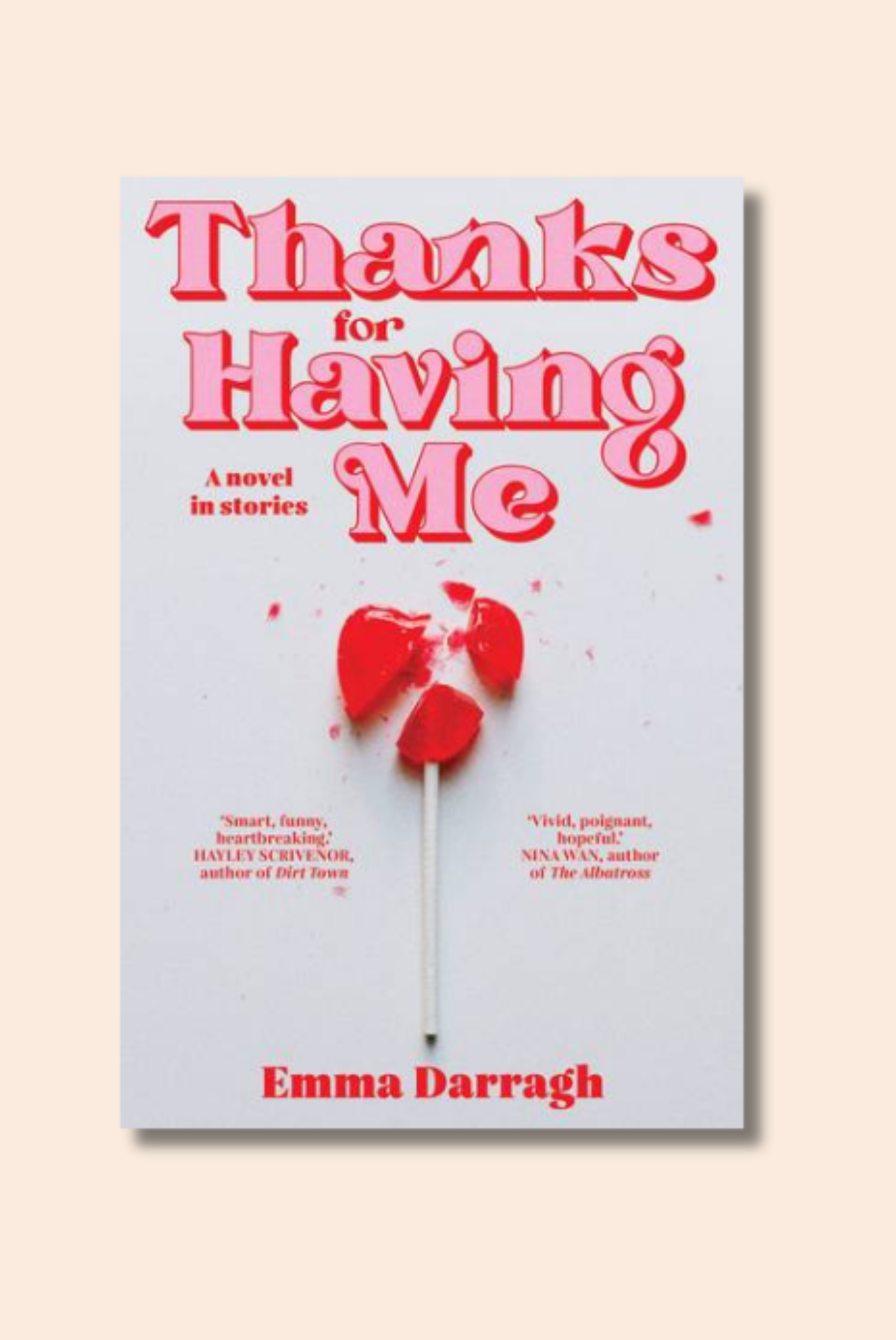
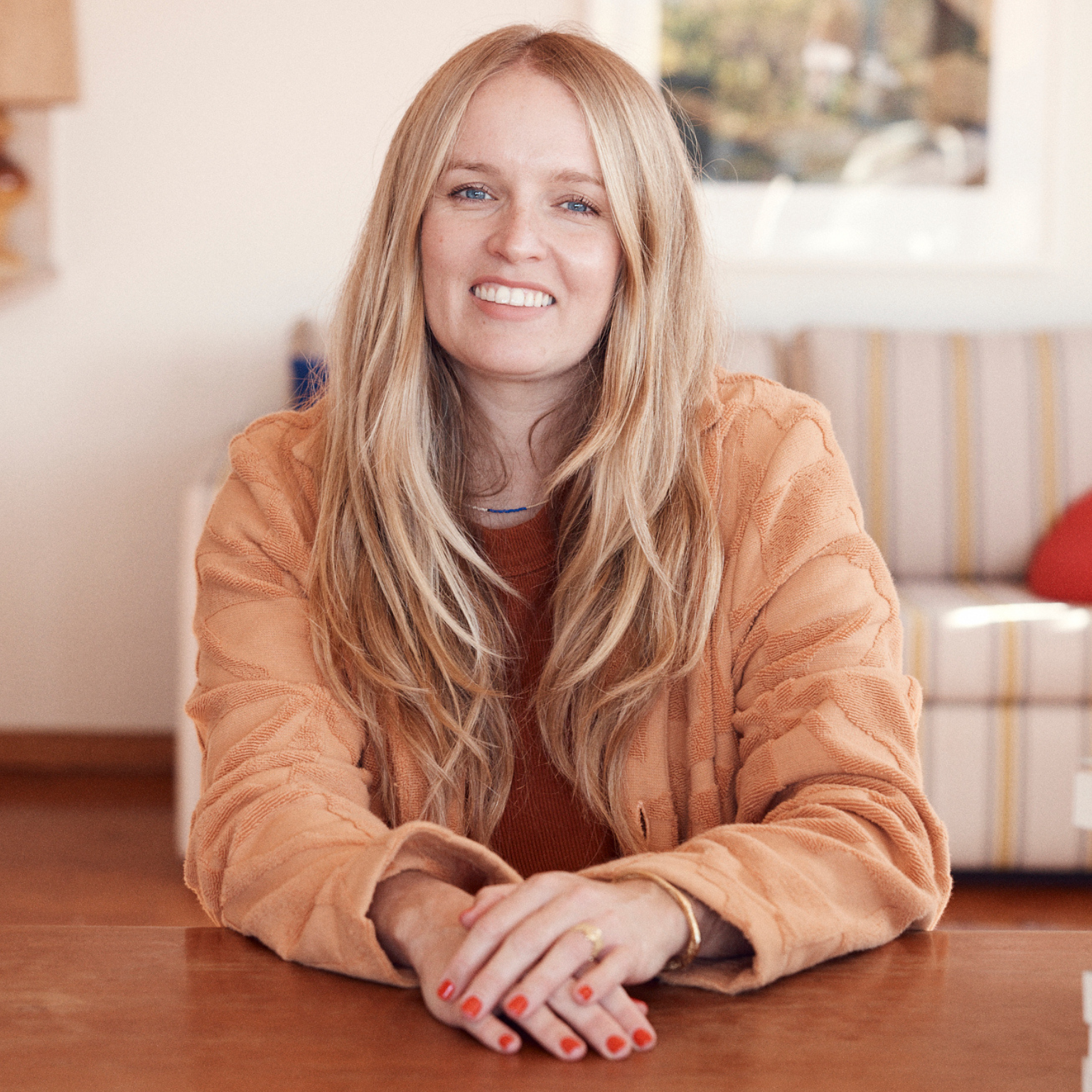

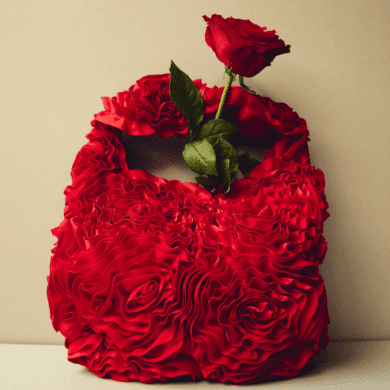
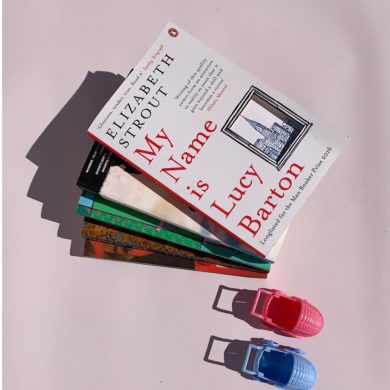


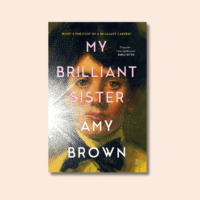

No Comments